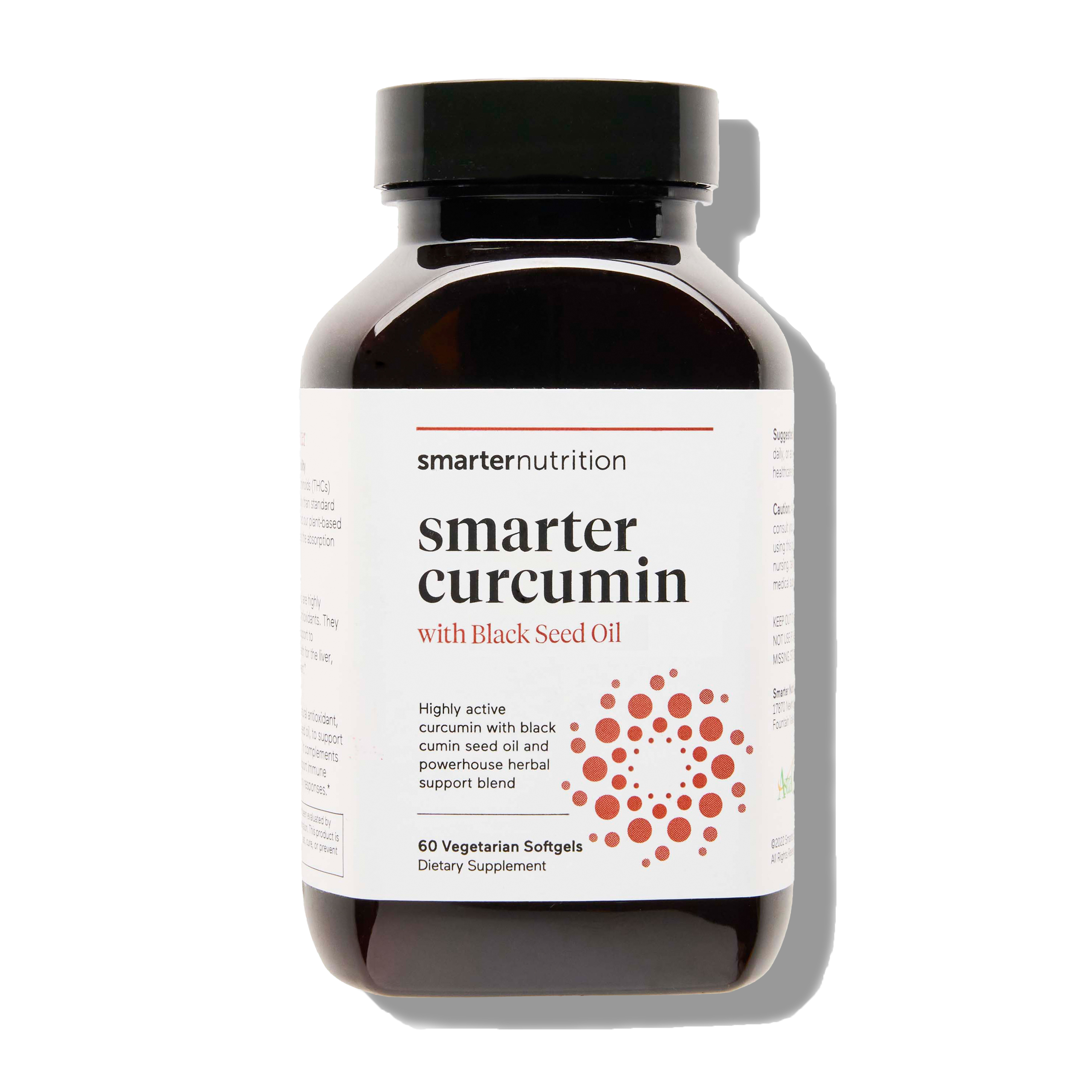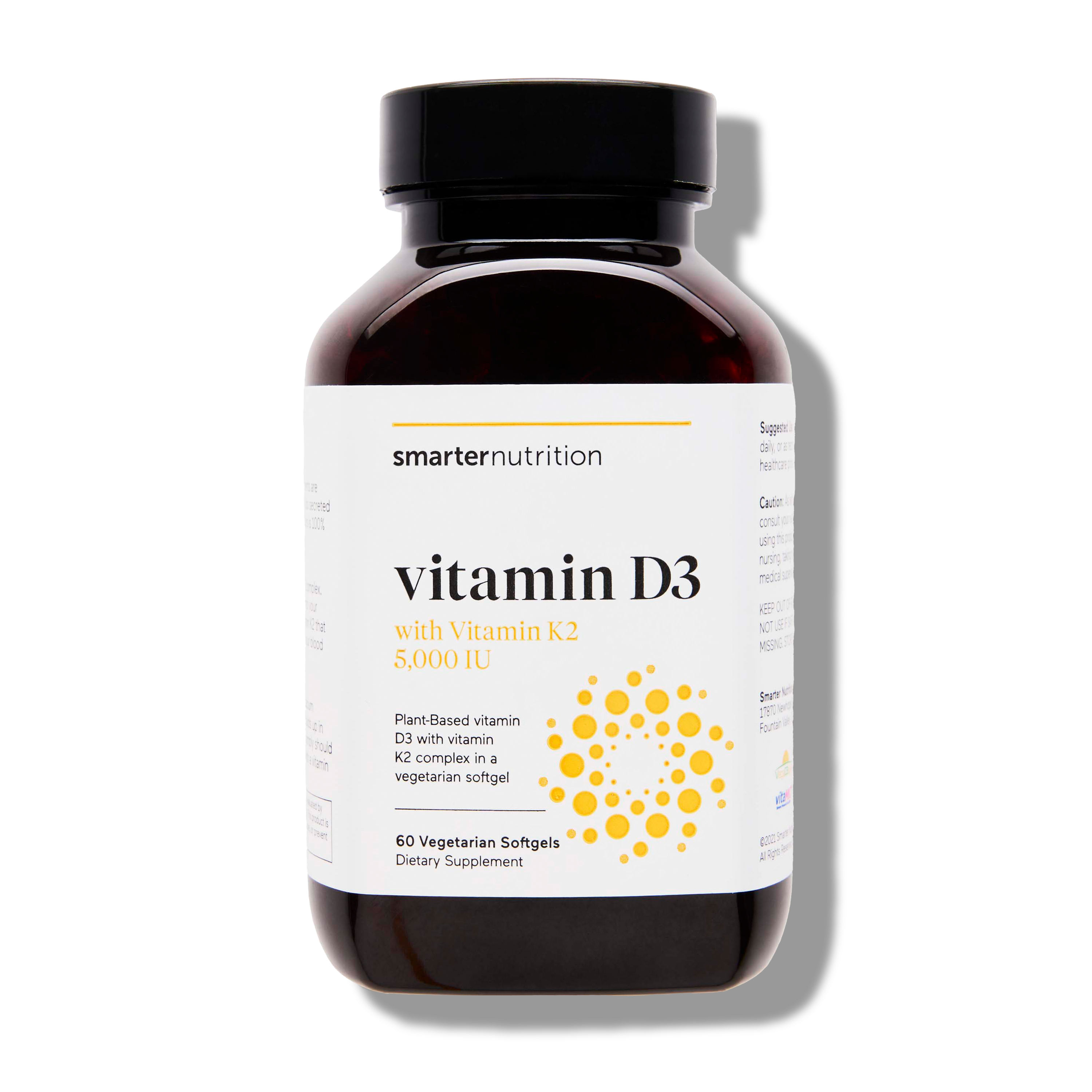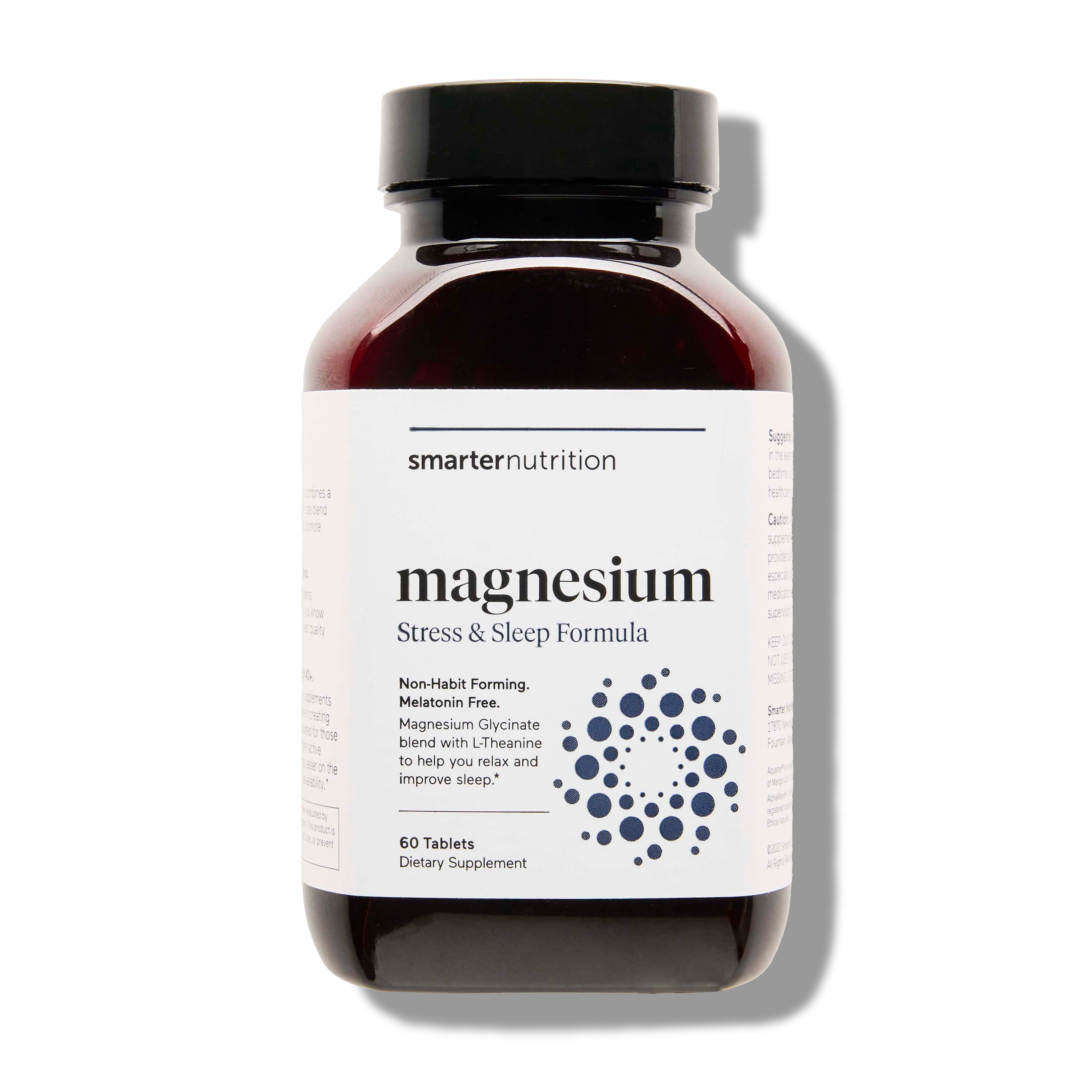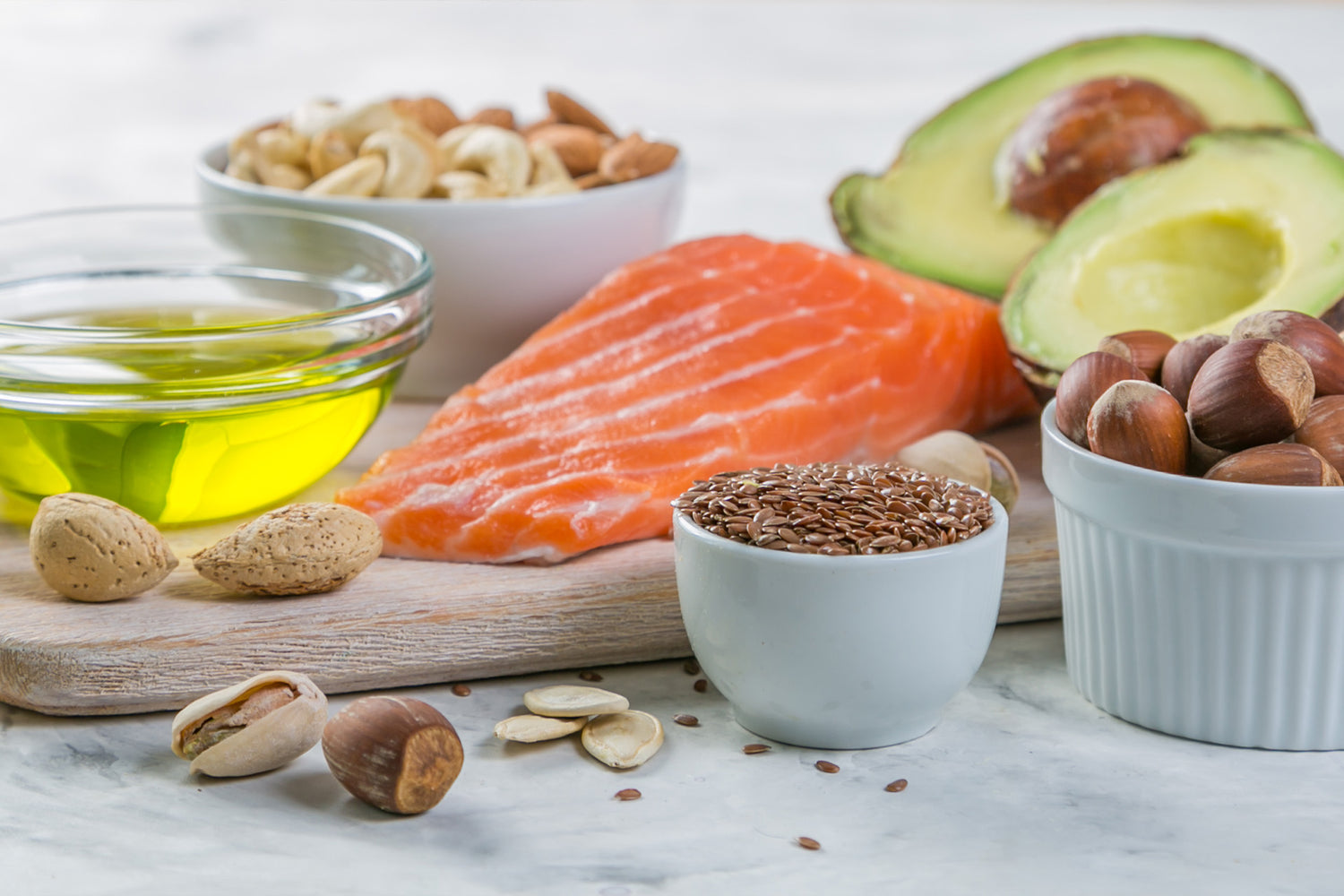5 Ways Taking an Omega-3 Supplement Can Improve Your Health
If the hype around omega-3 fatty acids seems fishy, this blog will hook you into a new line of thinking. The word “fat” has gotten a bad reputation, and it may seem counter intuitive that something described as “fatty” could be good for you. However, omega-3s are not only good for you; they are an essential nutrient that the human body relies on to function properly every day.
What are Omega-3 Fatty Acids?
There are three types of omega-3 fatty acids: ALA, EPA, and DHA. While the body needs omega-3s to survive, it isn’t able to produce them naturally and must get them from an external source. As a result, it’s extremely important to consistently include omega-3s in your diet in order to provide your body with the nutrients it needs for optimal health.
While omega-3s provide a litany of benefits to the body, we identified 5 areas that are particularly significant:

1. Mental Health
An estimated 21.4% of adults in the US will experience a mood disorder like depression or anxiety at some time in their lives. Researchers have found that people who regularly include omega-3s in their diet are less likely to be depressed. For those who already have a mood disorder, increasing their consumption of omega-3s may encourage their symptoms to improve. Specifically, EPA has shown to be the most powerful of the omega-3s to support those with depression.
2. Brain Health
As we age, the brain function changes and our brains need more support. Studies show that DHA fatty acids, vitamins E, C, D, and B vitamins may help to support the neurons in the brain during the aging process. Not only are these nutrients inexpensive, they have virtually no side effects and are critical for the body.
3. Heart Health
Omega-3s have been touted for the support they provide the heart for decades, especially after researchers found that fish-eating communities had very low rates of heart diseases. Researchers attributed it to the amount of omega-3s the people in these specific communities consumed.
In particular, EPA and DHA were found to be especially beneficial for the heart in a number of ways:
- Help separate blood platelets and discourages clumping
- Promote smooth lining in the arteries
- Encourage normal triglyceride levels
- Support a normal inflammation response

4. Bone and Joint Health
Getting older is much more enjoyable when you have strong bones and lubricated joints. Studies show omega-3s can help support the calcium in the bones and encourage normal joint function. Just like the Tin Man in The Wizard of Oz needed oil to move properly, omega-3s are a natural way to help you move a little easier.

5. The Skin
A structural component of the skin, DHA’s job is to maintain cell membranes’ health in order to encourage moisturized and smooth skin. EPA is also valuable because it can help support normal oil production and hydration, reduce the chances of acne development, and discourage the release of collagen-damaging substances in your skin after a day of fun in the sun.
Think Smarter About Omega-3
The American Heart Association recommends that those without a history of heart disease eat at least 2 servings of fatty fish each week. While fish like salmon and mackerel are great sources of omega-3s, many people aren’t able to consistently eat fish each week, or they don’t like the taste of fish at all. Thankfully, omega-3s are very easy to receive through supplementation.
Smarter Omega 3 is made with high-quality ingredients to support a multitude of organs in the body and their processes. Formulated with EPA and DHA, Smarter Omega 3 contains more than 1800 mg of omega-3 fatty acids from wild-caught Pollock and/or Pacific Whiting in each serving.
Sources:
- National Institute of Mental Health. “Any Mood Disorder.”
https://www.nimh.nih.gov/health/statistics/any-mood-disorder - Hjalmarsdottir, Freydis. “17 Science-Based Benefits of Omega-3 Fatty Acids.” Healthline. 2018.
https://www.healthline.com/nutrition/17-health-benefits-of-omega-3#TOC_TITLE_HDR_2 - Mohajeri, M Hasan et al. “Inadequate supply of vitamins and DHA in the elderly: implications for brain aging and Alzheimer-type dementia.” Nutrition (Burbank, Los Angeles County, Calif.) vol. 31,2 (2015): 261-75. doi:10.1016/j.nut.2014.06.016
https://pubmed.ncbi.nlm.nih.gov/25592004/ - Cleveland Clinic. “Omega-3 Fatty Acids.” 2019.
https://my.clevelandclinic.org/health/articles/17290-omega-3-fatty-acids#:~:text=Benefits%20of%20including%20omega%2D3,by%20an%20abnormal%20heart%20rhythm




